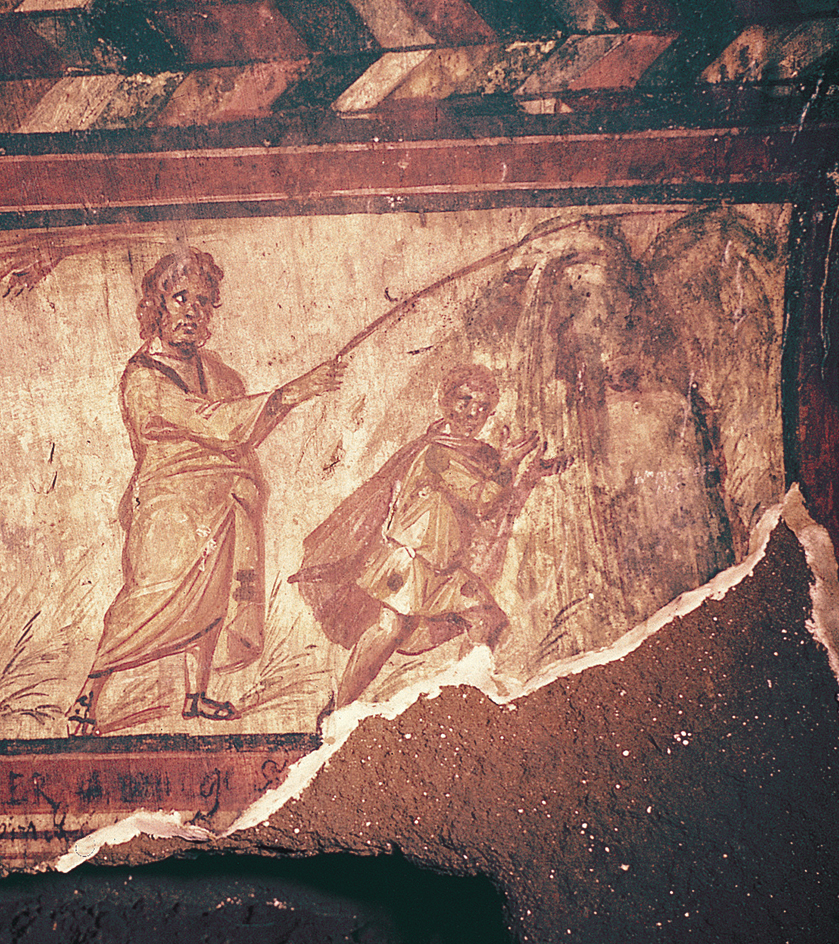Exodus is the second book of the Bible. The preceding book, Genesis, introduces the story of the Israelite people. But the actual history of Israel as a nation begins in Exodus. The book presents the idea of a God who brings freedom to the downtrodden and forms a lasting relationship with them. Although God and the Israelites are central to Exodus, the Israelite leader Moses is the main character in the book. Moses serves as a link between God and Israel, and he dominates the events in the book.
The word exodus comes from an ancient Greek term that means going out. The book’s first 19 chapters describe the Exodus, in which the Israelites departed from Egypt, where they had been slaves. They traveled to Mount Sinai and entered into a covenant (agreement) with God. At Mount Sinai, God gave Moses the Ten Commandments (20:2-17) and a set of laws known as the Book of the Covenant (20:22 through 23:33). The last section of the book (chapters 25-40) deals with the construction of the Tabernacle (sanctuary) built by Moses and the Israelites.

The narrative of the Exodus includes two hymns in verse—the Song of Moses (15:1-18) and the Song of Miriam (15:21). The songs may date back to the time of the historical Exodus event, which probably took place in the early 1200’s B.C.
See also Bible; Ten Commandments; Tabernacle; Moses.
